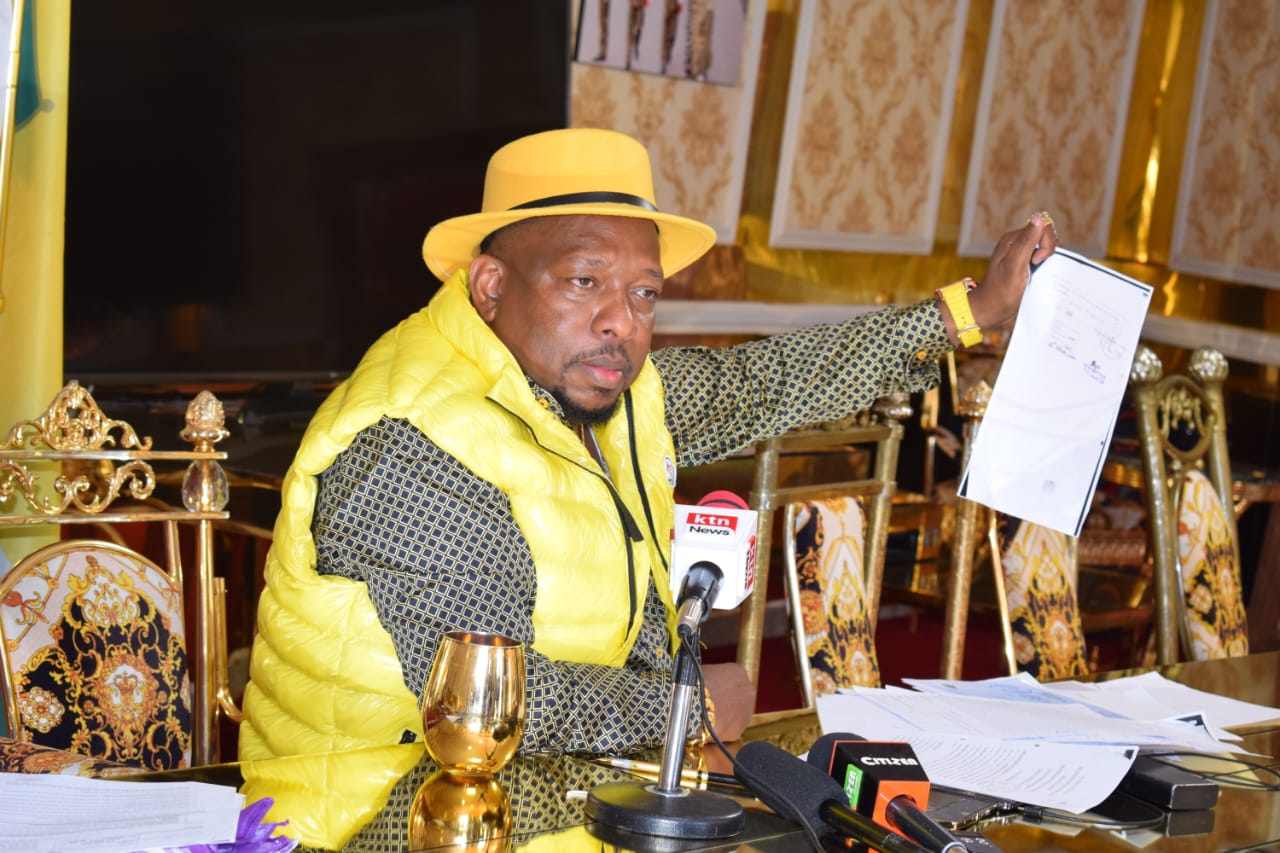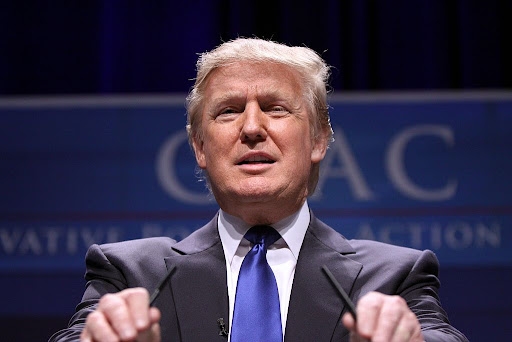Kenya has challenged African countries to take the lead in addressing climate change by investing in green technology and renewable energy.
Investments, Trade and Industry CS, Salim Mvurya, in his address at the African Continental Free Trade Area (AfCFTA) meeting in Kigali, Rwanda, said Africa has the potential of becoming a global leader in the fight against long-term shifts in temperatures and weather patterns.
“Our vast natural resources, from solar and wind energy to biodiversity, position us uniquely to drive the green revolution. But we must act now, and we must act together,” he said.
The CS noted that Kenya is in the process of developing a Green Supplement, which will provide opportunities for green intra-African trade, particularly within tea and coffee sectors.
“This initiative will not only drive climate adaptation but also open up new markets for Kenya’s green products, ensuring that our industries remain competitive in a rapidly changing global economy,” he explained.
Green trade refers to trade practices that are environmentally friendly or doesn't cause ecological harm.
It includes trade in clean energy, green products and services.
Present at the event were Rwanda President Paul Kagame, Secretary General of the AfCFTA Wamkele Mene, Prime Minister of the Kingdom of Eswatini, Russell Dlamini, Prime Minister of Grenada, Dickon Amiss Thomas Mitchell and former President of Niger, and AfCFTA Champion, Mahamadou Issoufou.
Mvurya represented President William Ruto at the Second Edition of the AfCFTA Business Forum, dubbed “Biashara Afrika 2024.”
The forum brought together leaders, entrepreneurs and stakeholders from across the continent to engage in discussions that reaffirm our collective commitment to Africa’s economic transformation.
AfCFTA was established in 2018 as one of the flagship projects of the African Union Agenda 2063 with the main mandate to create a single continental market of 55 Member States of the African Union.
It aims at accelerating intra-African trade and boosting Africa’s trading position in the global market by strengthening Africa’s common voice and policy space in global trade negotiations.
It is the largest free trade area in the world, bringing together 54 African countries with a combined GDP of $3.4 trillion and over 1.3 billion people.










